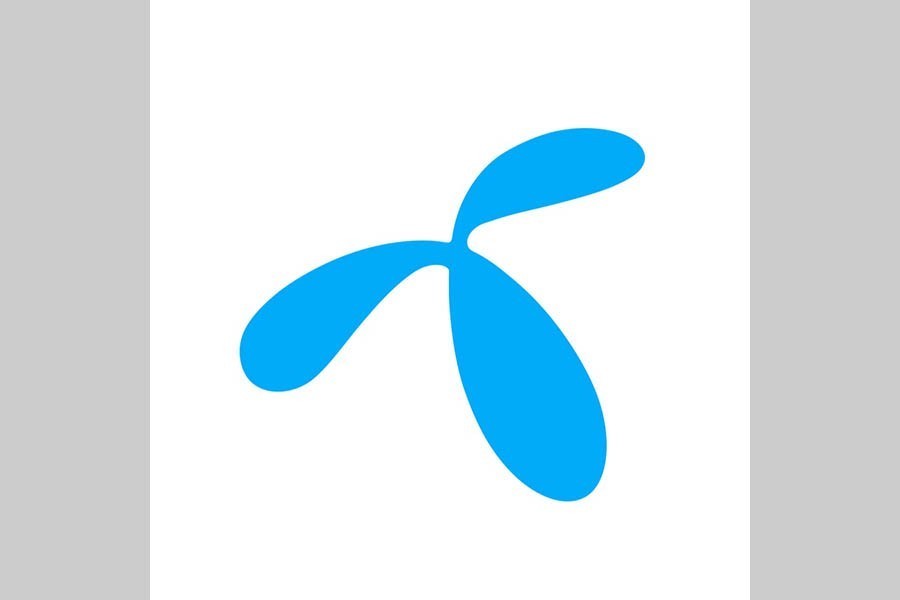The country's largest mobile network operator (MNO) Grameenphone has lost 3.6 million subscribers since the telecom regulator imposed an embargo on selling SIM cards, said a top executive of the operator.
He also said other operators did not gain from GP's loss of subscribers. So it actually indicated degeneration of the sector.
"The digital Bangladesh journey is backsliding due to the SIM ban, it is actually a loss for the entire sector, not only GP," said Hossain Sadat, Senior Director of Corporate Affairs at GP.
On 29 June, Bangladesh Telecommunication Regulatory Commission (BTRC) issued an embargo on the sale of new Grameenphone SIM cards for an indefinite period on the ground of poor quality of its service.
The BTRC also put a ban on selling old or recycled SIM of GP last week after withdrawal in September last.
Talking to a group of reporters, Mr Sadat admitted that the quality of service was poor. But he said they substantially improved the service quality since the ban.
"At the end of last year our fiberization of network was 17 per cent, it is now 27 per cent," he said. It would be 34 per cent at the end of 2022, he added.
Following the ban, GP promised to the regulator to improve the network and quality of service.
"We are keeping our promise," he said.
GP is now at the final stage of signing agreements with Summit, Edotco, Banglalink and Robi for tower sharing, he said.
Mr Sadat said they were planning to share 19,000 towers at the end of the current year with other operators.
He also said the operator deployed all spectrums it purchased last year and started deploying new spectrums this month for improved network.
He urged the telecom regulator to run a test to ascertain improvement of the service quality.
GP download speed was found less than 7.0 Mbps in most of the places in the countrywide drive test of BTRC last year.
"Our download speed is now more than 11 Mbps," Mr Sadat said.


